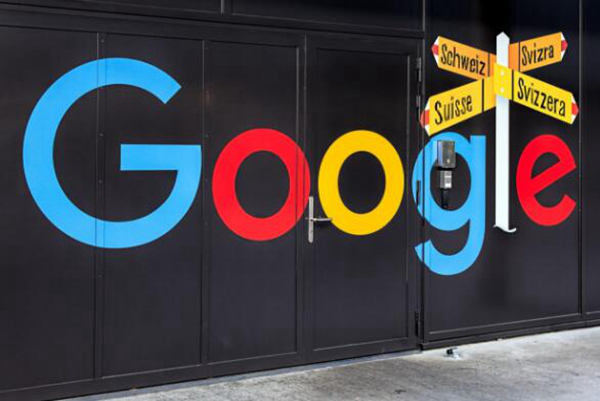Google has recently faced new challenges in its antitrust trial. Reports indicate Google pays Samsung a substantial sum monthly to pre-install its Gemini AI application on the Galaxy S25 series smartphones. This has drawn significant attention, particularly given Google's previous antitrust violations; whether this constitutes unfair competition remains to be seen.
This agreement between Google and Samsung reportedly began after Google was found guilty of illegal monopolistic practices. Gemini is set to be the default AI assistant on the Galaxy S25. This strategy is clearly an attempt by Google to solidify its market position by attracting users through pre-installation. However, the US Department of Justice strongly opposes this, arguing that such default placement agreements exacerbate Google's market dominance.

Even more concerning, the Department of Justice is not only seeking to prohibit default agreements between Google and device manufacturers, but also proposes harsher penalties for Google, including the divestiture of its Chrome browser and licensing of search engine data. These actions demonstrate the government's heightened vigilance against tech monopolies and its attempts to break up market dominance through legal means.
Google, however, holds a different perspective. The company argues that abandoning default agreements is sufficient and that such severe measures are unnecessary. This response suggests Google's attempt to adjust its strategy to meet regulatory requirements and avoid greater legal risks.
This event will undoubtedly impact Google's business model, especially given the increasingly fierce competition in the AI field. Industry analysts point out that failure to properly address this antitrust trial could seriously threaten Google's future development.
The financial dealings between Google and Samsung highlight the intense competition in the tech industry and once again sparks discussion about monopolistic practices. Balancing market competition and innovation will be a crucial challenge for major tech companies in the future.






